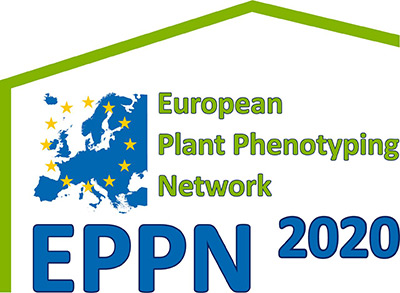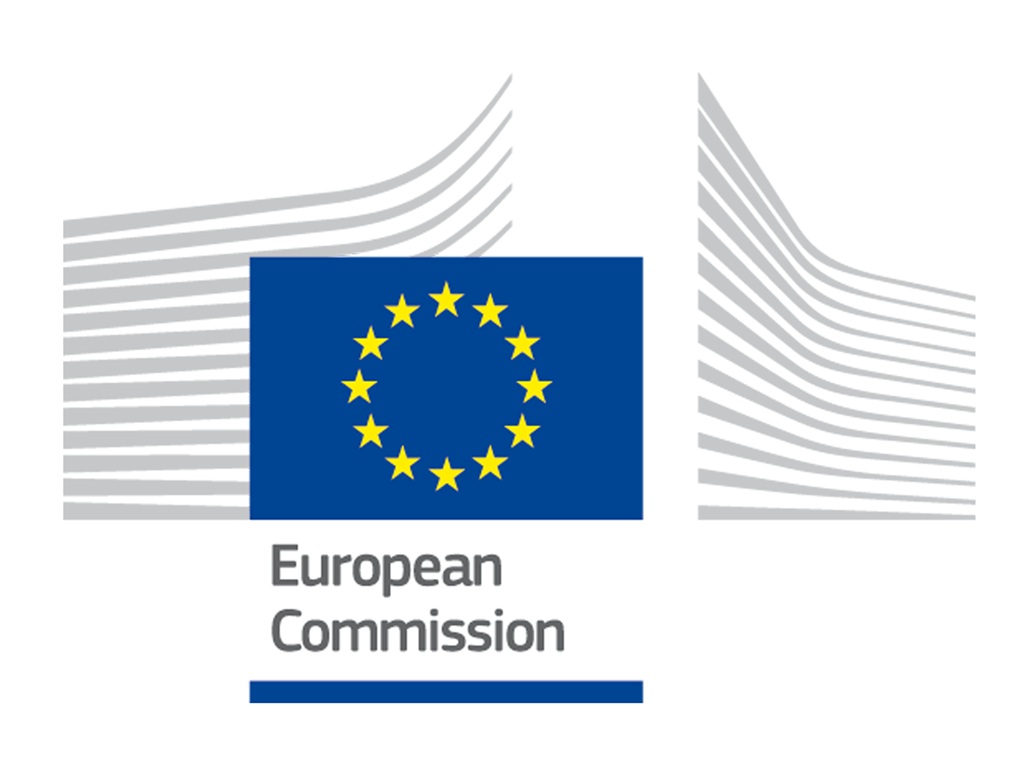NOVA PhD course series: "Phenotyping Technologies in Plant-environment Interactions - Integrated Analysis of Omics Data†-- 5 ECTS

Â
NOVA PhD course series "Phenotyping Technologies in Plant-environment Interactions - Integrated Analysis of Omics Data†11-15 June 2018, SLU Alnarp, 5 ECTS
In this four-year NOVA PhD course series the course in 2018 given at SLU Alnarp will emphasis on the usage of controlled climates to simulate different and future climates as well as on how to integrate different omics data generated in plant phenomics experiments. The lecture topics are i) assessing crop physiology aspects in controlled climates vs the field, ii) how controlled climates (in this case SLU Alnarp’s Biotronen) can be used to simulate different climates, iii) how plants react upon different treatments, iv) and some techniques and tools to integrate different omics data from plant phenotyping experiments.
Pre-assignments:
a)Â Â Â Â Â Reading articles for a journal club revolving around plant phenotyping. Articles will be provided latest three weeks before the course start.
b)Â Â Â Â Â Practice introduction to Cytoscape as a tool to handle and visualize different data types to be handed in by 10th June 2018.
c)Â Â Â Â Â Â Introduction of own research by a short 5 minute in-class presentation.
Â
Preliminary schedule
Monday: Introduction and plant growth under controlled conditions
09.00 – 10.30 Introduction and student presentations
10.30 – 12.00 Photosynthesis (Carl-Otto Ottosen, Aarhus Uni)
13.00 – 14.00 Demonstration of the Biotron and led light chambers (Karl-Johan Bergstrand, SLU)
14.00 – 16.00 Labs
Practical with three groups:
- Measurements in different LED chambers with different light composition and drought plants (Carl-Otto Ottosen)
- NDVI, infrared thermometer (Aakash Chawade, SLU)
- Infecting potato with Phytophthora and test on Thursday. To be grown in different CO2 conditions (Erik Alexandersson, SLU)
Â
16.00 – 17.00 Analysis of Lab 1 (Carl-Otto Ottosen)
 Note: Drought-stressed potato plants (different genotypes) will be prepared in advance. Temperature, CO2, north and south conditions and daylength can also be changed if more treatments needed.
Â
Tuesday: Introduction to phenomics
09.00 - 11.00 Plant Phenomics (Kristiina Himanen, U of Helsinki)
11.00 – 15.30 Labs and packed lunch
Practicals:
- Plant shoot Imaging of potato genotypes (Aakash Chawade)
- Root imaging (Mirko Pavicic, U of Helsinki)
- R language for phenomics (Kristiina Himanen)
Â
15.30 – 17.00 Summarizing data from various labs/discussion
Â
Wednesday: Omics, Annotations and Visualization
09.00 – 11.00 Journal Club: Student presentations of the pre-assigned literature in three groups (Erik Alexandersson, Aakash Chawade, Kristiina Himanen, Morten Lillemo, Hamid Khazaei)
11.00 – 12.00 Introduction to omics and annotation (Erik Alexandersson, Dan Jacobson Oak Ridge National Laboratory, USA)
13.00 – 15.00 Integrated omics analysis and Lab: Cytoscape Dan Jacobsson and Erik Alexandersson
15.00-17.00 Plant phenomics and European facilities (Fabio Fiorani, Forschungszentrum Jülich)
Â
Thursday: Field Phenomics and phenomics for breeding
09.00 – 11.00 Field phenomics and breeding (Morten Lillemo, NMBU)
11.00 – 12.00 Phenomics in orphan crops (Hamid Khazaei, Agricultural University of Iceland)
13.00 – 14.00 Shortcomings of phenomics in plant breeding (Hamid Khazaei)
14.00 – 15.00 EnBlightMe – detecting plant diseases in the field and scoring of Phytophthora infections (Erik Alexandersson)
15.00 – 17.00 Student presentations and discussion
18.00 – 20.00 Social event
Â
Friday: Excursion
09.00 – 10.00 Phenomics in forestry research (Johanna Witzell/Michelle Cleary, SLU)
10.00 – 15.00 Taastrup phenomics facilities and lectures by Thomas Roitsch and Eva Rosenqvist (University of Copenhagen)
15:00 Course evaluation and wrap-up
16.00 Course end and departure to Cph Int Airport and Malmö/Alnarp
Â
Post course assignment:
Written report of the lab exercises
Phenotyping Technologies in Plant-environment Interactions 2018.pdf (PDF)

